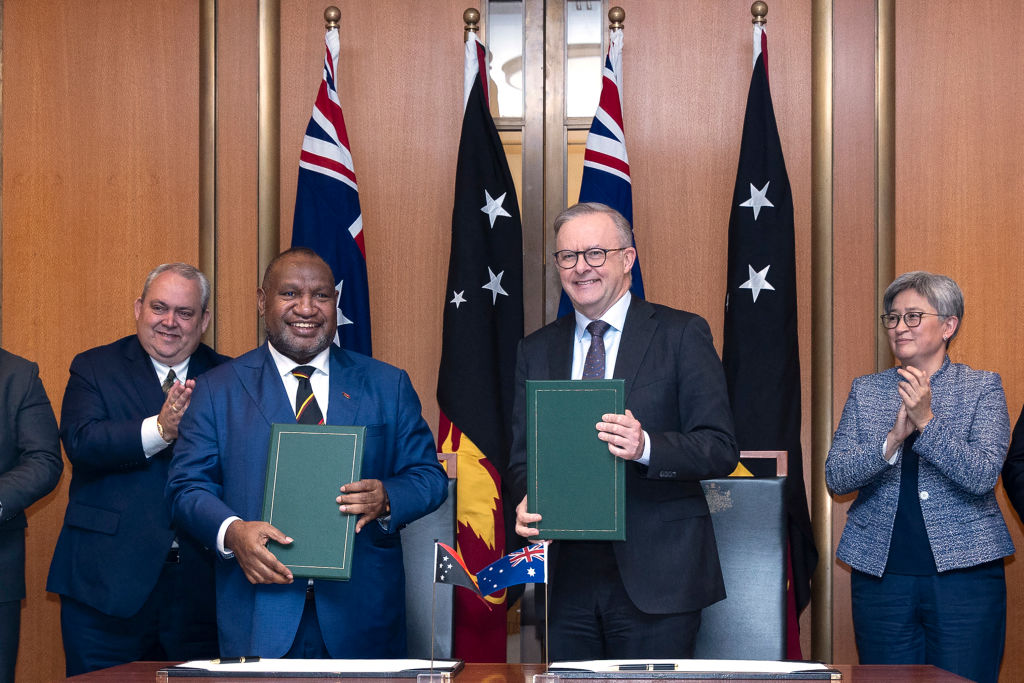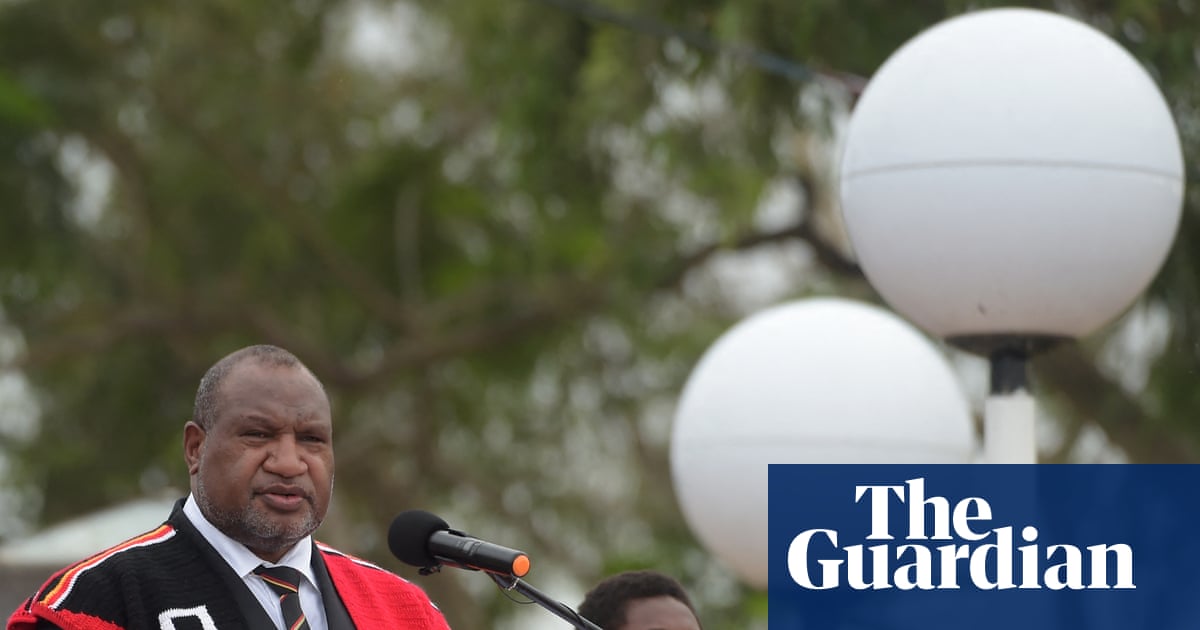Australia-Papua New Guinea Defense Pact Delayed Amid Cabinet Quorum and Regional Concerns
Australian Prime Minister Anthony Albanese's defense treaty with Papua New Guinea was delayed by a cabinet quorum issue, a setback for Australia's Pacific security efforts.
Subscribe to unlock this story
We really don't like cutting you off, but you've reached your monthly limit. At just $5/month, subscriptions are how we keep this project going. Start your free 7-day trial today!
Get StartedHave an account? Sign in
Overview
- Australian Prime Minister Anthony Albanese visited Papua New Guinea, aiming to sign a landmark defense treaty during the nation's 50th independence anniversary celebrations.
- The proposed treaty, intended to counter China's growing influence, would establish mutual defense commitments and allow citizens to serve in each other's military forces.
- However, the defense pact was unexpectedly delayed due to a lack of quorum in the Papua New Guinea cabinet meeting, preventing its signing during Albanese's visit.
- This marks a second recent setback for Australia's regional security efforts, following an unsuccessful attempt to secure a similar partnership with Vanuatu.
- Despite Australia's assurances, some PNG lawmakers fear the treaty could compromise their nation's independence, preferring a neutral stance amidst superpower rivalries.
Report issue

Read both sides in 5 minutes each day
Analysis
Center-leaning sources frame this story around Australia's "diplomatic setbacks" in securing defense treaties with Pacific island nations. They emphasize Prime Minister Albanese's "inability to clinch" agreements, portraying his efforts as struggling against regional complexities and the backdrop of China's influence. The narrative highlights the delays and challenges, even when reporting on agreed treaty texts.
Articles (7)
Center (2)
FAQ
The signing was delayed due to a lack of quorum at the Papua New Guinea cabinet meeting, which prevented approval of the treaty during Prime Minister Albanese's visit.
The treaty aims to establish a mutual defense alliance to counter emerging security threats, including China's influence, and includes mutual defense commitments, enhanced military cooperation, and pathways for citizens to serve in each other's armed forces.
Some PNG lawmakers fear the treaty could compromise the nation's independence and prefer to maintain a neutral stance amid superpower rivalries between countries like Australia and China.
This setback follows a recent failure to secure a similar partnership with Vanuatu, indicating challenges for Australia's strategy to deepen security ties and counter China's growing influence in the Pacific region.
Key features include recognizing an attack on either country as a danger to both, modernization of defense relations, recruitment pathways for PNG citizens into the Australian Defence Force, strengthened interoperability, and ensuring agreements with third parties do not compromise the treaty.
History
- 2M

 4 articles
4 articles




